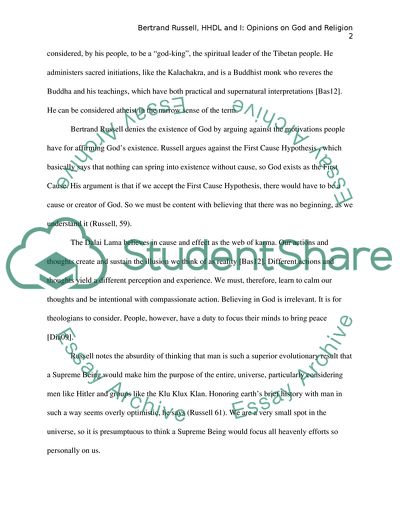Cite this document
(Opinions about God and Religion Case Study Example | Topics and Well Written Essays - 1750 words, n.d.)
Opinions about God and Religion Case Study Example | Topics and Well Written Essays - 1750 words. https://studentshare.org/religion-and-theology/1773311-god-and-religion
Opinions about God and Religion Case Study Example | Topics and Well Written Essays - 1750 words. https://studentshare.org/religion-and-theology/1773311-god-and-religion
(Opinions about God and Religion Case Study Example | Topics and Well Written Essays - 1750 Words)
Opinions about God and Religion Case Study Example | Topics and Well Written Essays - 1750 Words. https://studentshare.org/religion-and-theology/1773311-god-and-religion.
Opinions about God and Religion Case Study Example | Topics and Well Written Essays - 1750 Words. https://studentshare.org/religion-and-theology/1773311-god-and-religion.
“Opinions about God and Religion Case Study Example | Topics and Well Written Essays - 1750 Words”. https://studentshare.org/religion-and-theology/1773311-god-and-religion.


